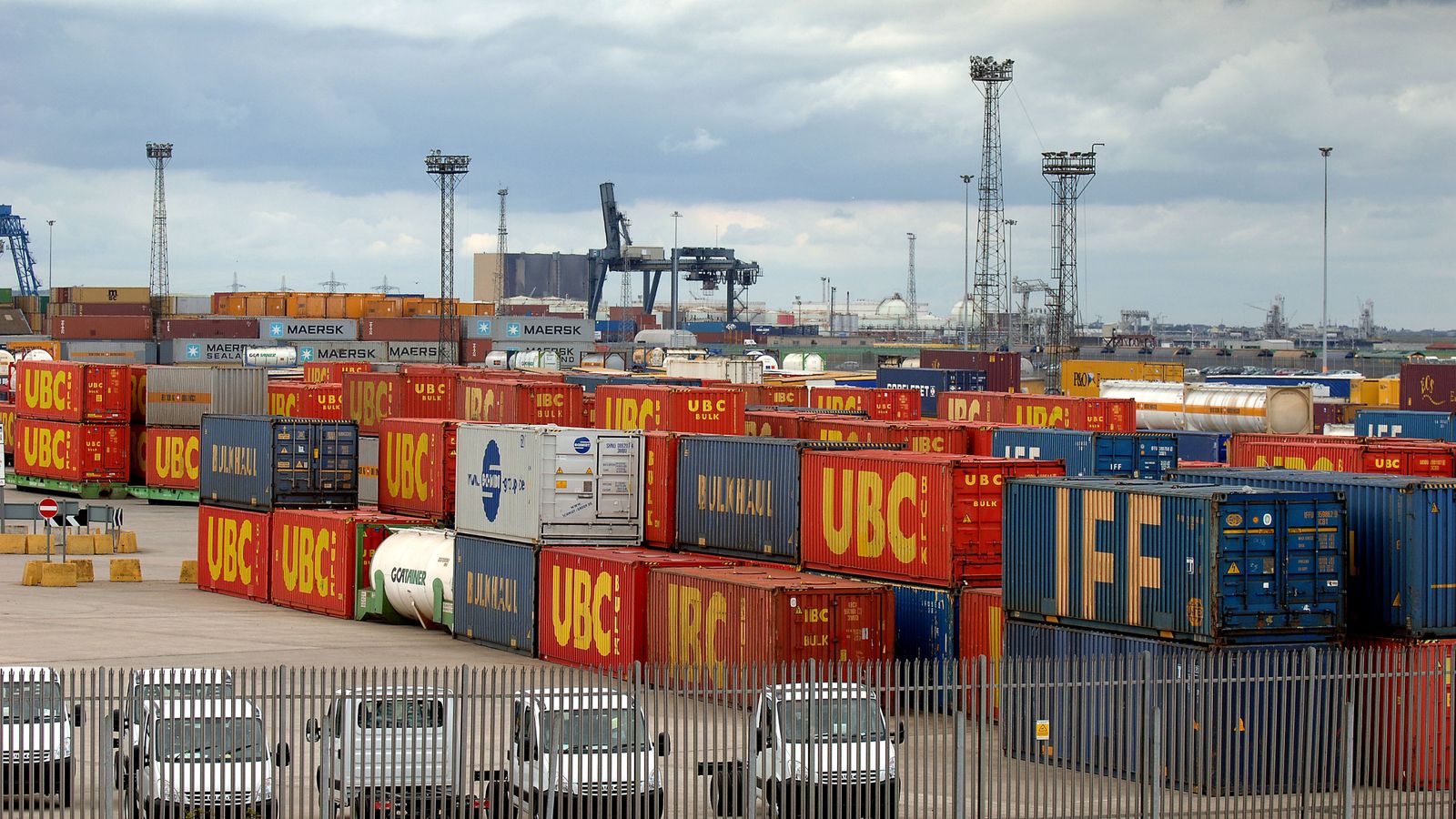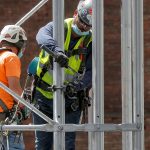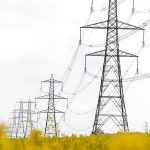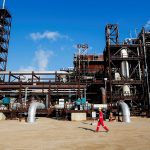It has become something of a tradition that a chancellor pulls a “rabbit out of the hat” – a measure to surprise and delight – towards the end of a budget speech.
Those viewing the 56-minute statement had, after all, heard many of the main announcements before through a flood of leaks from the Treasury in advance of Rishi Sunak’s update to the Commons.
Wednesday’s bunny remained firmly in its burrow but a case can be made for freeports being among the most important measures in terms of building an economic recovery from COVID-19 and a new avenue for trade following Brexit.
Please use Chrome browser for a more accessible video player
Here, we will explain what freeports are but first reveal the successful applicants, as outlined by the chancellor, following a bid process that launched last October.
Where will these freeports be?
Mr Sunak told MPs there would be eight freeports in England and he was in discussion with the other UK governments about locations in Scotland, Wales and Northern Ireland.
The English sites were confirmed as East Midlands Airport, Felixstowe and Harwich, Humber, Liverpool City, Plymouth, Solent, Thames and Teesside.
So what are Freeports?
Freeports are special economic zones with “different rules to make it easier and cheaper to do business”, Mr Sunak told MPs.
They exist globally already but the chancellor’s model would not have been allowed under EU rules governing trade and state aid.
Mr Sunak’s version is designed to incentivise investment and job creation through a string of benefits including favourable customs duties, simplified planning and tax breaks such as the suspension of VAT, business rates relief and tariff duties.
Why is this a big deal?
The idea was floated as a post-Brexit opportunity to unlock global trade and spread opportunities UK-wide as part of the government’s levelling-up agenda.
More than 40 bids were understood to have been submitted.
The Thames bid, for example, said achieving freeport status could see 25,000 jobs created and £400m in port investment.
Which is set to be the largest freeport?
The Teesside freeport covers sites across the region and span 4,500 acres – the equivalent of 2,550 football pitches.
The bid submitted by Tees Valley mayor Ben Houchen said freeport status, in one of the UK’s oldest industrial heartlands, would create 18,000 skilled jobs within five years, “boost the local economy by £3.4bn and support offshore wind, clean energy, chemicals and process, and advanced manufacturing sectors”.
The mayor, who previously secured the future of the region’s airport, said the zone would prove a “game-changer” for jobs in one of the most economically-deprived areas of the country.
Are there areas for concern?
Opponents have long argued, as freeports have sprung up globally, that they risk shortcuts and bad practice.
The TUC was quick to condemn freeports in its budget commentary.
The union organisation’s general secretary, Frances O’Grady, responded: “Freeports don’t create jobs – and around the world they allow freeloading employers to dodge taxes.”
Friends of the Earth’s head of policy Mike Childs also disputed the chancellor’s claim they would prove a birthplace for green jobs.
He said: “”There is nothing inherently green about freeports despite Rishi Sunak’s promises.
“Instead there is a real danger that they become low regulation zones where environmental safeguards are thrown aside.”
A special edition of the Sky News Daily podcast will be available from 7pm.






















